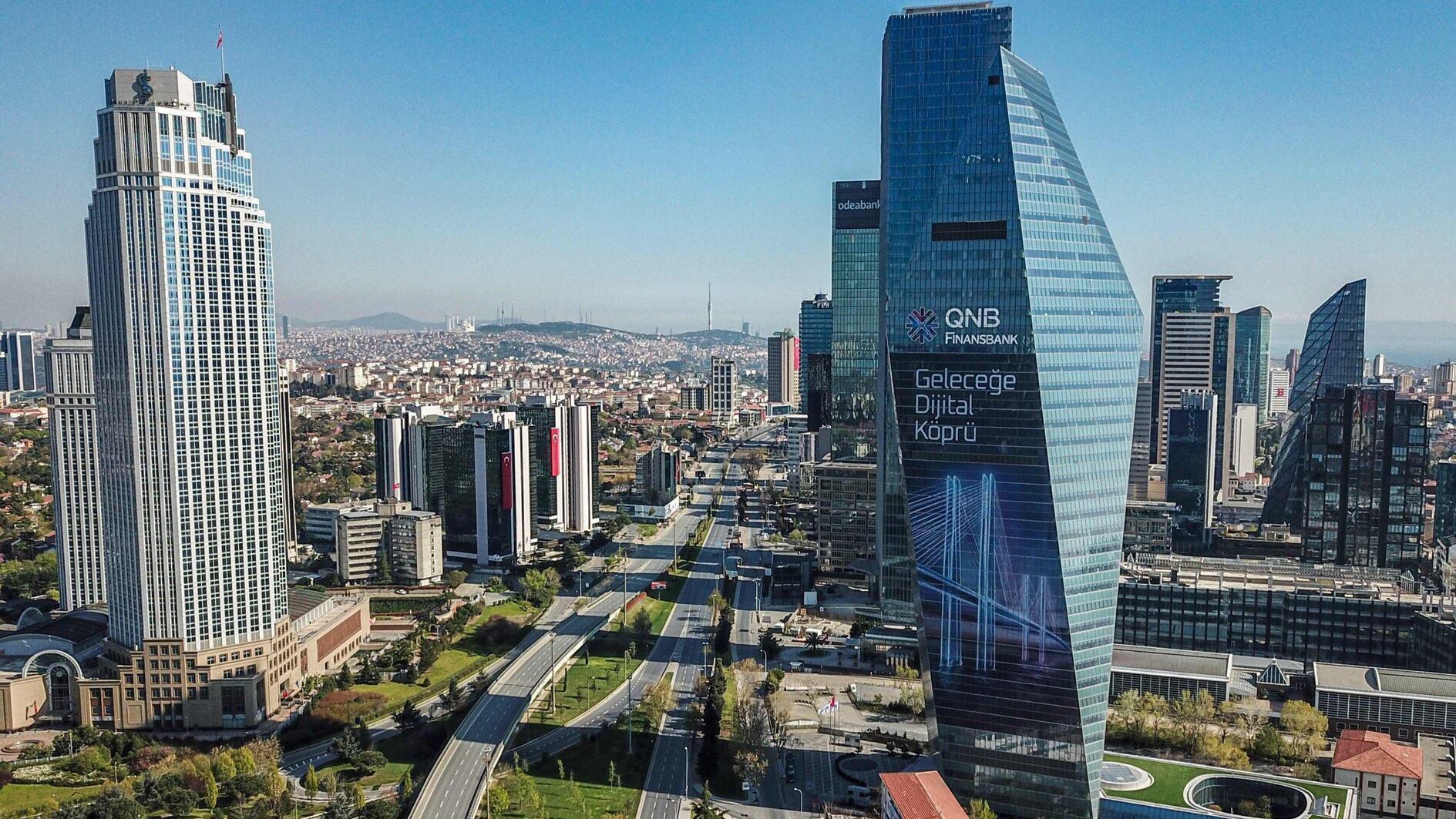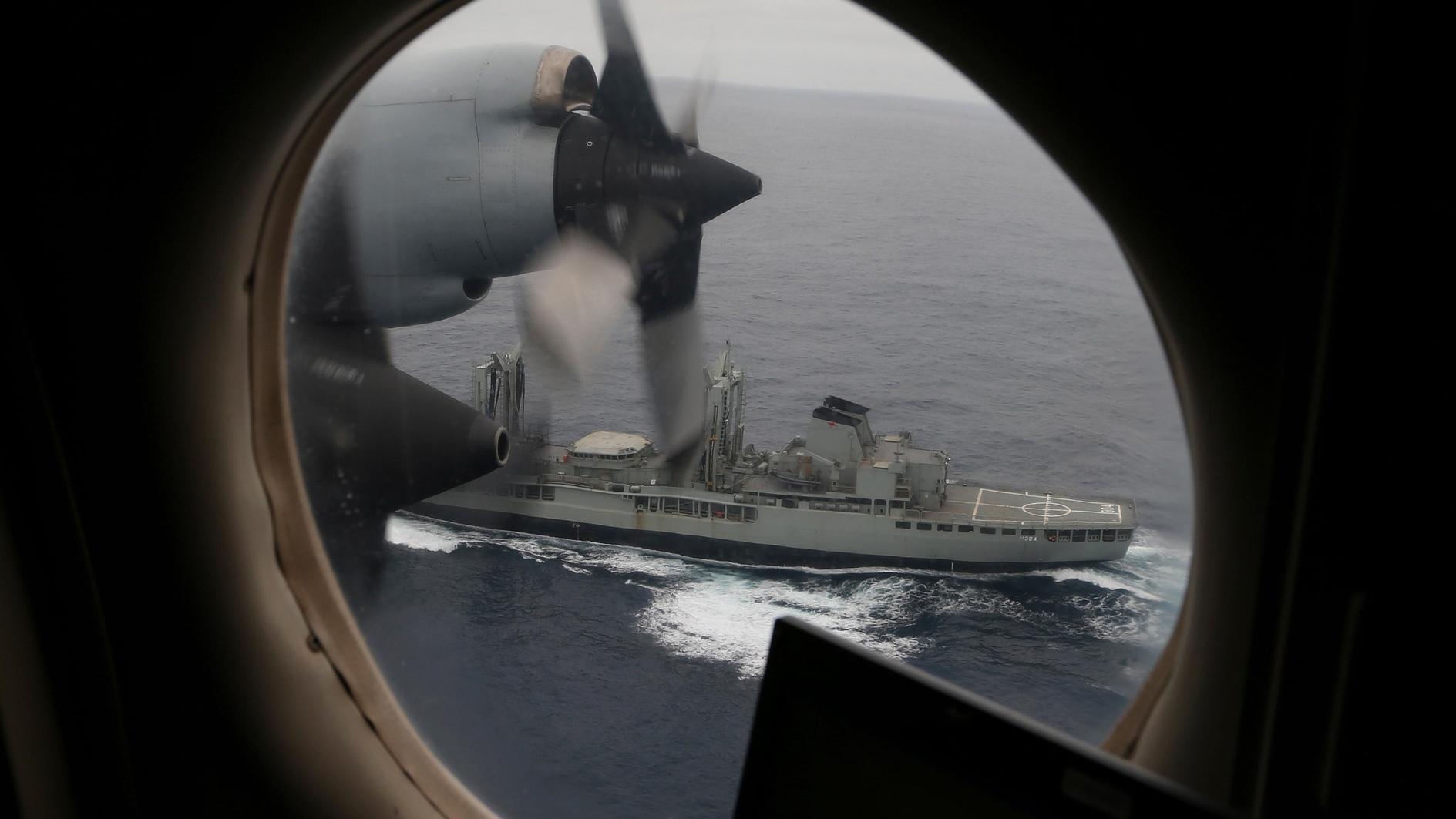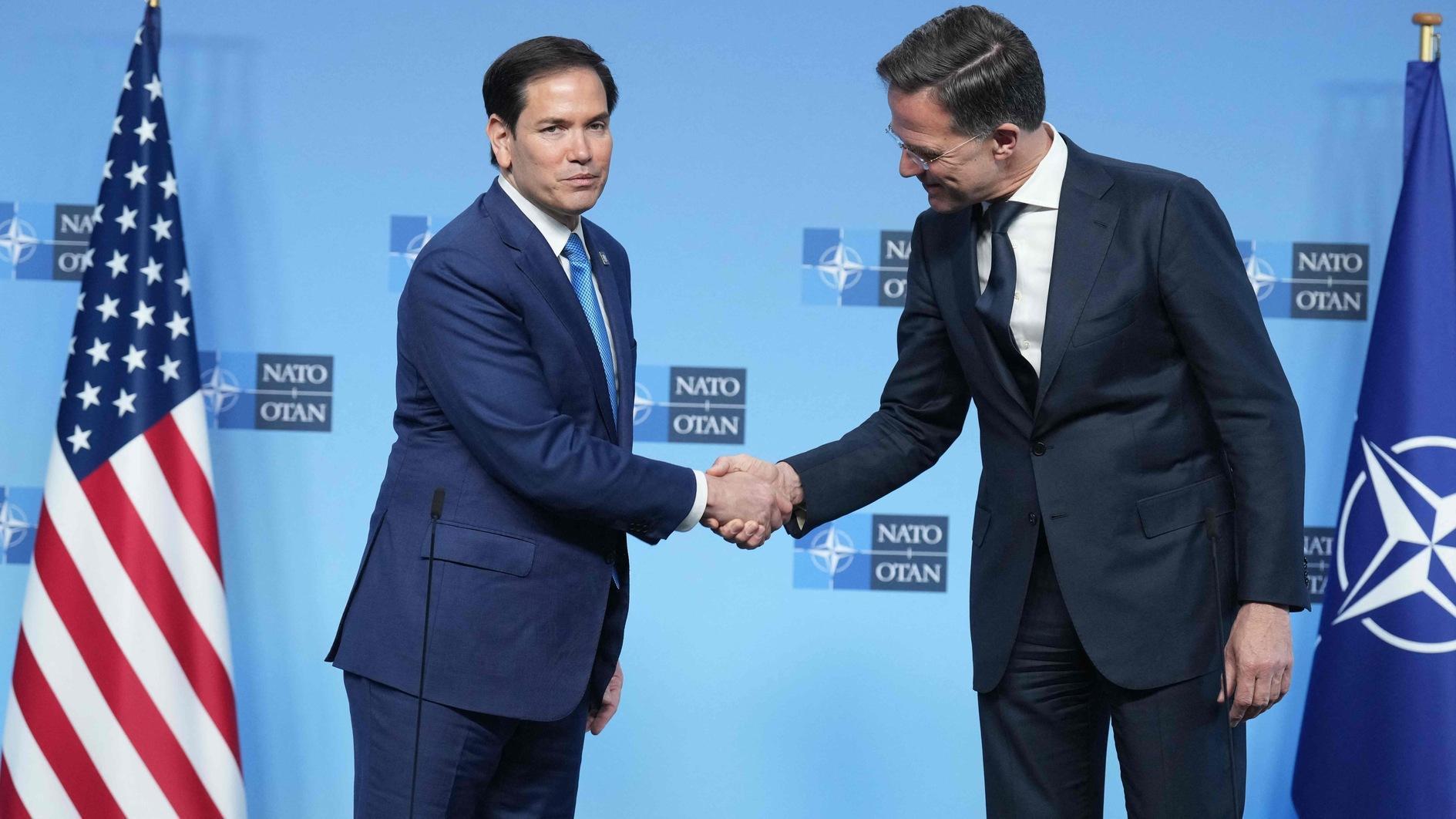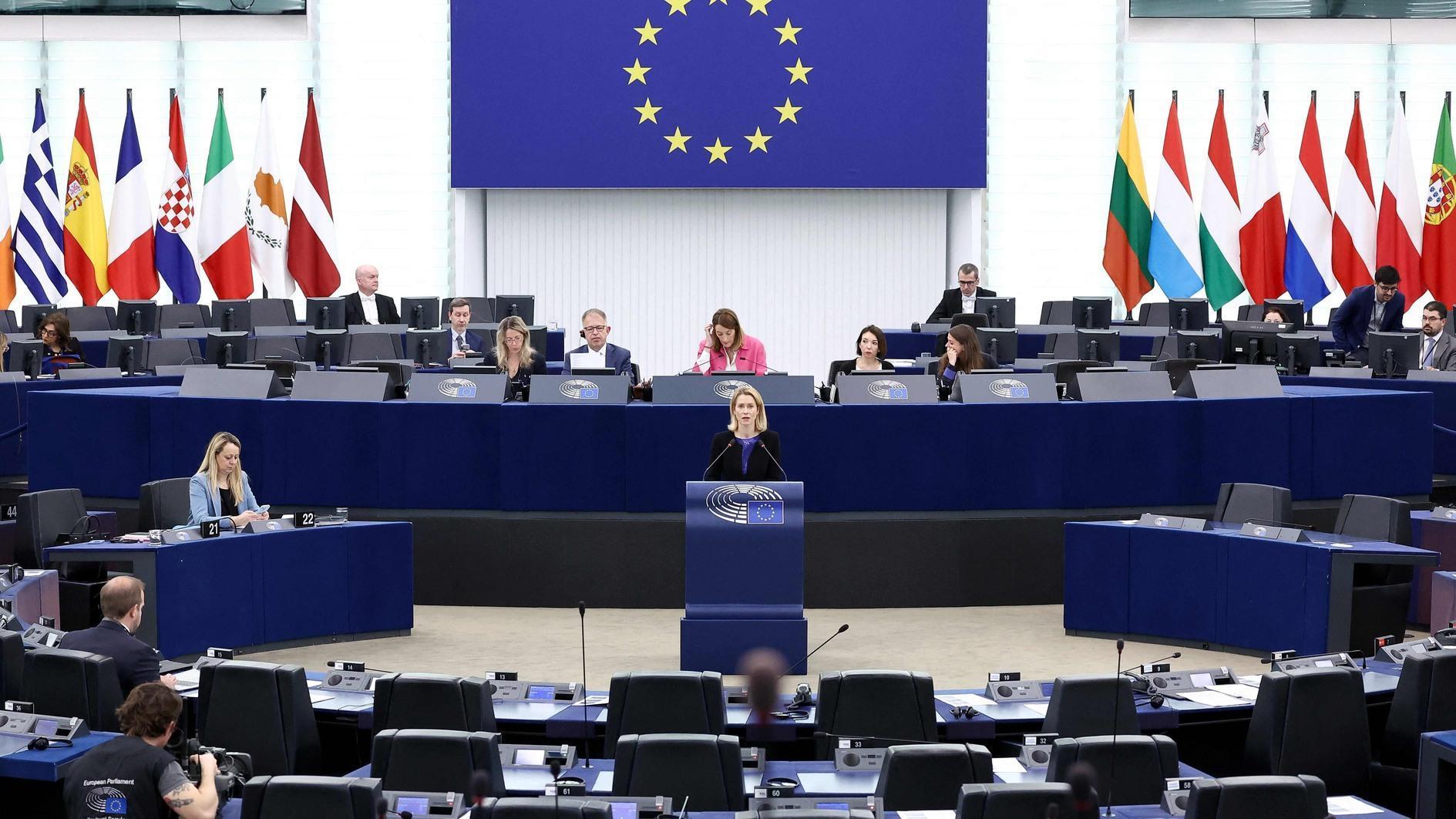Lawyers want Öcalan to be heard in KCK case
DİYARBAKIR - Doğan News Agency
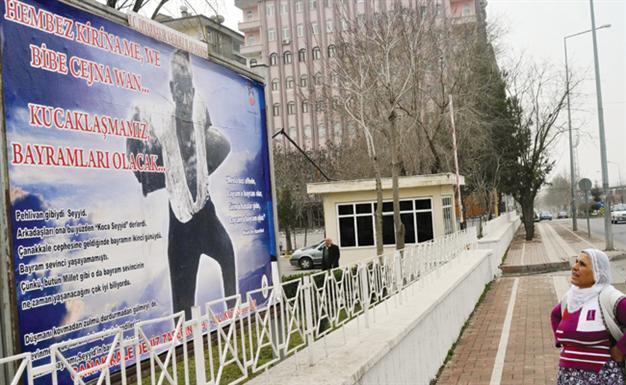
A women reads a poster hung up by the Diyarbakır Governorship bearing statements written in Turkish and Kurdish to mark the Gallipoli Battle anniversary.
Lawyers under arrest in the ongoing Kurdish Communities’ Union (KCK) case have applied to the prosecutor’s office to have Abdullah Öcalan, the imprisoned leader of the outlawed Kurdistan Workers’ Party (PKK), heard as a witness in the trial.“[We] lawyers under arrest are accused of ‘getting orders from Öcalan, transmitting the orders to the alleged [KCK] organization, leading to actions as a result of such orders and informing Öcalan about the results,’” the lawyers said in a petition to the Istanbul Public Prosecutor’s Office for the PKK leader to be heard in the trial. “As such, Abdullah Öcalan is the focus of the probe, and his testimony on the accusations will be crucial.”
The lawyers also said Öcalan himself voice a similar demand to be heard in the case in a letter sent Feb. 2.
Thirty-six of Öcalan’s lawyers were arrested following police raids on Nov. 22, 2011, against the KCK. Öcalan’s lawyers have long been under fire for allegedly acting as go-betweens to pass Öcalan’s orders and instructions onto the PKK, but they have argued that all their meetings with the captive PKK leader took place under the supervision of the Justice Ministry and were recorded.
The lawyers have been unable to visit Öcalan since last July on the grounds that the boats that take them to the prison island of İmralı are broken.
Aided by U.S. colleagues, Turkish undercover agents captured Öcalan in Nairobi on Feb. 15, 1999, after the militant leader was forced to leave the local Greek embassy, where he had been offered refuge while on the run. He was sentenced to death in June that year.
The sentence was later commuted to life in prison when Turkey abolished capital punishment as part of EU harmonization reforms.
The KCK is the alleged urban branch of the PKK, which is listed as a terrorist organization by Turkey, the European Union and the United States.
Since 2009, around 700 people have been arrested over their alleged links to the KCK, according to government figures, although the Peace and Democracy Party (BDP) puts the figure at more than 3,500.



